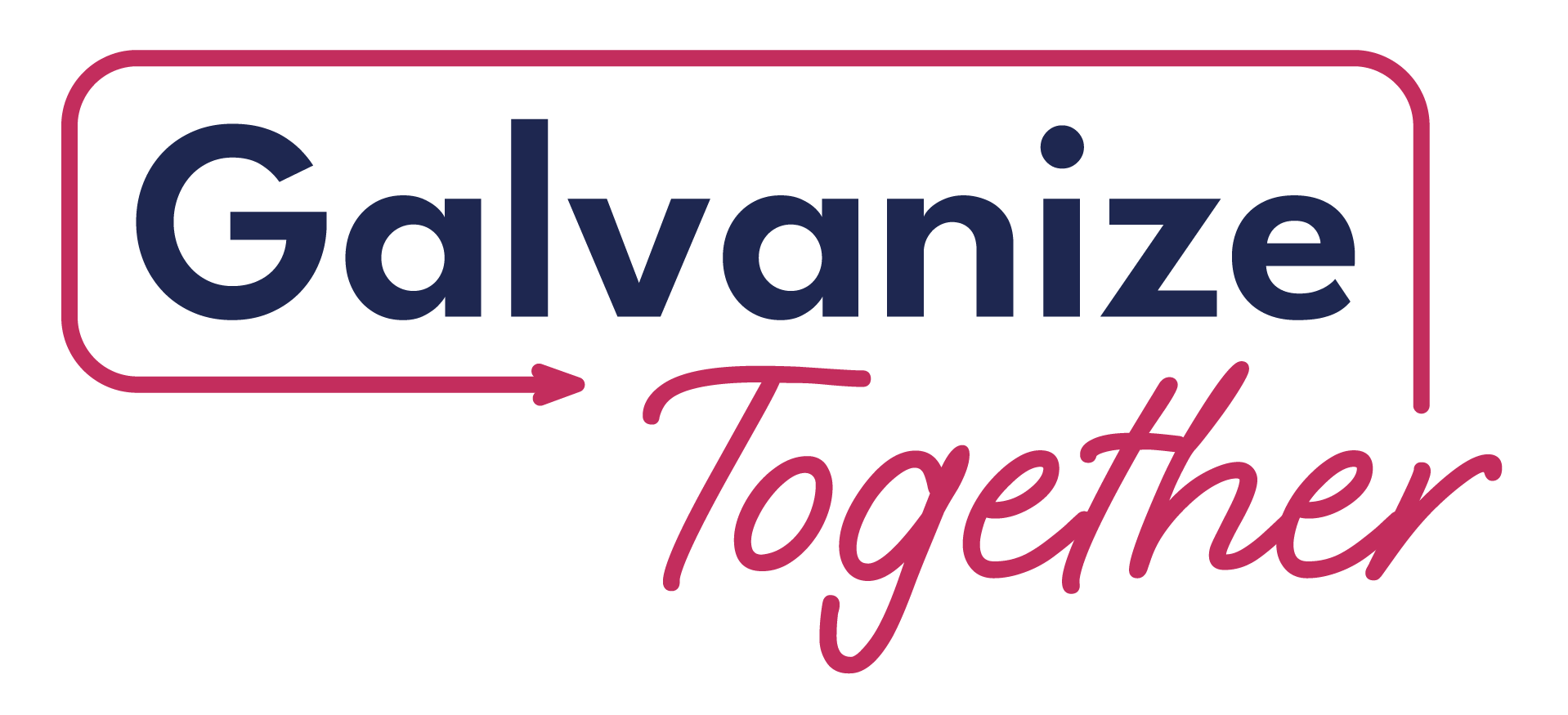My daughter won’t speak to us—is there hope for “toxic” parents?
Reading Time: 5 minutes
Share:
Dear Grace,
I am finding more and more GenX parents (my generation) that have a child or children who they have no contact with. The child calls their parents toxic or abusive. I can’t help but wonder if it’s a generational difference. I know myself and my middle daughter have no contact due to her mental illness. Unfortunately she was born different and back in the 90’s the education just wasn’t there. The more I tried and pushed for help the more I was denied up until her teenage years, when she got out of control. My question is, where did we go wrong? How do we recover from this? Where is the education that is needed to prevent this from happening to where our children can remain safe, and the parents can be educated and unharmed. I do not believe that all parents are toxic or abusive. I personally believe it’s something in the generational gap and I don’t know how to fill it.
– Heartbroken in Holdenville
Dear Heartbroken,
Thank you so much for your question. I can’t imagine how hard it’s been to go on this rollercoaster with your daughter. There’s nothing quite as painful for a parent as feeling like our kids are slipping away from us, and I know so many other readers can relate to how you might feel. I get lots of questions from GenX and Baby Boomer parents who are struggling to maintain close relationships with their adult children and many of them feel as confused as you do. The sad reality is that almost a quarter of Americans are estranged from a relative, which means that millions of families are feeling hurt and loss.
I’m no social scientist, but I can tell you that experts say we are experiencing some of the largest changes to family structure and relationships in recent history. There’s no single cause—the world is changing so quickly around us (in beautiful and challenging ways) that any number of things could have contributed to getting us to this point.
Regardless of what caused the generational gap to widen, the reality is that families like yours are hurting and need support. You said it best—at the end of the day, we all want the same thing: for kids to be safe and parents to be educated and able to support them. Here’s my take on how we can start to heal and set more families up to thrive:
Spot the differences. As we’ve said, each generation approaches life and relationships differently. The more you can ask questions and try to understand the younger generation, the easier it will be to connect and address any tension. Think about the young person in your life and where you differ—in lots of cases, politics are the wedge that drives parents and children apart, but it doesn’t have to be that way. Lots of young people have deep fears about what the future looks like for them. When I was their age, I did too! Even if the future looks different now than it did when we were young, it’s easy to forget that our generations faced big questions and uncertainty too—and that we felt resentful when our parents or grandparents dismissed our concerns. Take some time to reflect on where you can connect on your shared experiences and struggles—I bet you’ll find that trust comes easier and the generational gap starts to shrink.
Mental health check. It breaks my heart to hear that a lack of mental health support contributed to the rift between you and your daughter. If anyone ever worries about the world going in the wrong direction, just seeing the advances we’ve made around mental health is sure to lift their spirits. The stigma and shame so many of us and our parents have faced around depression, addiction, and other mental health issues is so different for generations that have grown up hearing it talked about as normal—and that is something to celebrate!
One of the greatest resources families have to heal is therapy, so if you’re struggling, consider making an appointment with a professional who can help you work through your feelings and come out healthier, happier, and ready to heal with your loved one.
Words matter. Like you, I feel like I constantly hear words like “toxic” thrown around in how we describe relationships with parents, boyfriends, siblings—you name it. And I understand the reason people use it—there is power in naming something, especially if you’ve struggled to put your feelings into words. But (and this is a big ‘but’), we are shooting ourselves in the foot if we never get more specific about what “toxic” means to us. Telling someone they are toxic doesn’t give them any information about what you are feeling or what hurt you—essentially, it doesn’t give you a path forward for healing. Instead, we should be having honest conversations about what isn’t working in our relationships so that we can find a solution and move forward.
If someone in your life calls you toxic, that’s your cue to ask some questions. This won’t be easy—you’ll definitely hear something that hurts. But remember that fixing a damaged relationship isn’t easy, and you need to open your ears to the hurt you might have caused before you can heal together. You might ask:
“Can you tell me what that means to you?”
“Can you share an example of something that felt toxic so I make sure I understand?”
“Can you be more specific about how my actions made you feel?”
Start with yourself. Whether between parents and children, spouses, or siblings, relationships are complicated. You can do everything “right,” but at the end of the day, each of us can only control our own actions. Take time to focus on yourself and reflect on how you feel about the relationship in question, you could even try writing a letter to your daughter that you don’t send—what pain are you holding onto? What do you wish you’d done differently? What do you wish this person understood about you? Asking yourself these questions will give you a chance to process your experiences and understand your own emotional needs. Healing isn’t about winning an argument, Heartbroken, it’s about finding compassion for yourself and, in this case, your child. Learning how to process and take care of ourselves is what allows us to take responsibility for our mistakes, communicate openly, and commit to breaking painful cycles in the future.
I certainly don’t have all the answers, but I’ve read enough questions (and seen this in my own life) to know that there is light at the end of the tunnel. Before I leave you, I just want to remind you that parenting is always imperfect. No matter what you may see on social media, there is not a parent on earth who hasn’t made mistakes, despite trying their very best. The best thing we can do for each other and for our children is to show them that failure is as much a part of life as breathing and that our character is defined by how we learn from it and move on. If you need another reminder that none of us are perfect, just check out how our audience responded to one mom struggling with “mom guilt,” I’m sure you’ll find some more words to take to heart.
Sending my love to you and your family,
Grace



